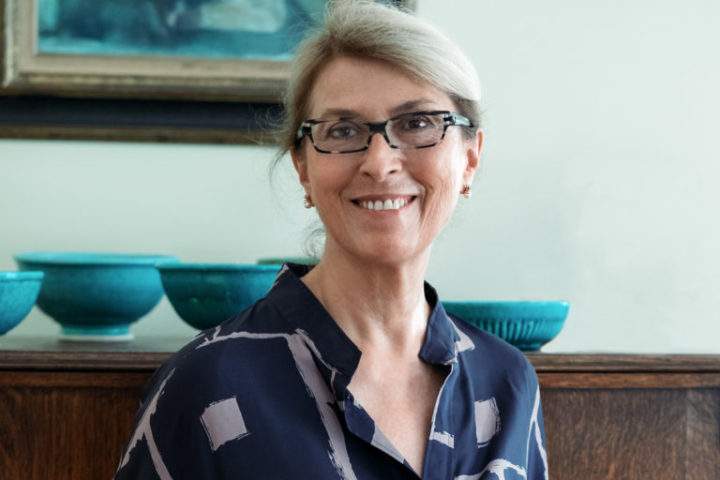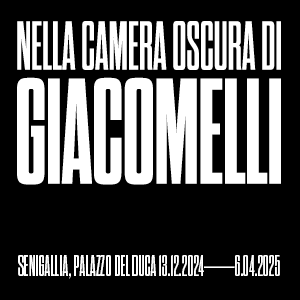"We are divided and self-referential." Here's why the former ICOM president resigned
The reasons why Suay Aksoy, former president of ICOM - International Council Of Museums, resigned last June 19 (the body then immediately appointed his successor, the Italian Alberto Garlandini) are finally known: the impression that there were splits within the world’s leading body representing museums would seem to be well-founded. The long letter Aksoy sent to ICOM’s board of directors explaining the reasons for her resignation in recent days has begun to circulate among the body’s members: the former president declares that she does not want to pretend that her decision was made after much reflection on the current situation in which ICOM finds itself.
The Turkish manager, while acknowledging that what museums are going through is a time of crucial change (the challenges museums are facing these days are those of sustainability and climate change, cultural decolonization, the fight against inequality and populism, and not least the difficulties due to the Covid-19 pandemic and the struggles of communities demanding racial equity) believes that the climate created since last year’s Kyoto Extraordinary Assembly (in which, recall, the new definition of “museum” was discussed and was to be approved there, but was resolved with a no-go due to opposition from some national committees, including the Italian one) has led museums to miss the opportunity to “take action and move forward,” the letter says. And the reference is precisely to the new definition of “museum”: this would be the missed opportunity, according to Aksoy, since the new definition could have reflected the role of museums in the face of new challenges. It seems, in short, that much of the current situation stems precisely from the tensions created around the new definition.
“I have always considered museums as a part of society, and not as divorced from it,” Aksoy writes. “But now it seems to me that we are becoming more and more self-referential, our heads are occupied by partisan interests, we are focused on our own sustainability rather than that of the whole of which we are a part. How can we be relevant if we are so detached from the communities we want to serve?” Aksoy then accuses the board of playing a “hesitant” role before, during and after the Kyoto assembly, an attitude that allegedly made the work environment “unhealthy” because “obscuring values with technicalities has become part of our work culture.”
Aksoy also points the finger at the divisions that have punctually occurred in the organization: “we have not found the right tone to respond to the threats that have arisen inside and outside our group,” stresses the former president, who concludes her letter by regretting that the board of directors has “taken a passive stance and tended to avoid self-criticism.”
That the climate is not easy is also evident from the letter that, the day before yesterday, members of the committee for the definition of “museum” (MDPP) sent to the board of directors to denounce the heaviness of the situation and to call for a strong review of internal processes (responsible for the chain of resignations that have begun to follow one another since mid-June). In short, what many are calling for is a decisive change of course, which so far does not yet seem to be in sight.
 |
| "We are divided and self-referential." Here's why the former ICOM president resigned |
Warning: the translation into English of the original Italian article was created using automatic tools. We undertake to review all articles, but we do not guarantee the total absence of inaccuracies in the translation due to the program. You can find the original by clicking on the ITA button. If you find any mistake,please contact us.





























